Excess stomach acid, or hyperacidity, is an uncomfortable condition that anyone can experience. It occurs when the stomach produces excessive acid, often triggered by gastrointestinal conditions, certain foods, or medications.
If you frequently experience hyperacidity, avoiding acidic and triggering foods is essential to prevent worsening symptoms. Left unmanaged, hyperacidity can lead to chronic discomfort, severe indigestion, or even stomach ulcers. Below are foods and drinks you should limit or avoid when dealing with hyperacidity:
Foods and Drinks to Avoid for Hyperacidity
1. Caffeinated Beverages
Drinks like coffee, tea, and energy drinks can trigger hyperacidity by increasing acid production in the stomach. Limit your intake of these beverages and opt for non-caffeinated alternatives.

2. Soda
Carbonated sodas are not only high in caffeine but are also inherently acidic. Consuming them can exacerbate hyperacidity symptoms. Replace soda with water or herbal teas for better stomach health.

3. Alcoholic Beverages
Alcohol, including beer, wine, and spirits, can irritate the stomach lining and increase acid reflux. Avoid alcoholic beverages to minimize hyperacidity and reduce the risk of acid reflux.

4. Citrus Fruits
Fruits like lemons, oranges, and grapefruits are naturally acidic and can irritate the stomach, especially when consumed on an empty stomach. Moderation is key if you enjoy these fruits.
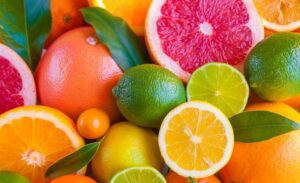
5. Tomatoes
Often overlooked, tomatoes are highly acidic and can worsen hyperacidity. Avoid fresh tomatoes, tomato sauces, and dishes containing large amounts of tomato.
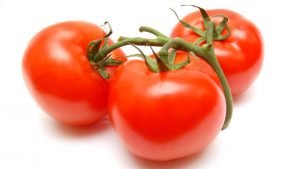
6. Garlic and Onions
The strong flavors of garlic and onions, along with their chemical composition, can stimulate excessive acid production. Limit their use, especially in raw form, to prevent discomfort.
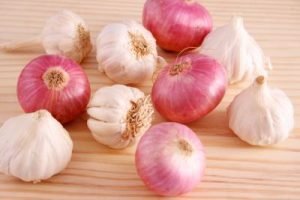
7. Spicy Foods
Spicy ingredients like chili peppers and hot sauces are common culprits behind stomach irritation and hyperacidity. Reducing or eliminating spicy foods can help alleviate symptoms.
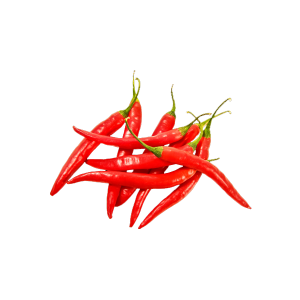
8. Fatty Meats
High-fat meats, such as fatty cuts of beef or pork, are harder to digest and can increase stomach acid production. Choose leaner cuts of meat to avoid aggravating hyperacidity.
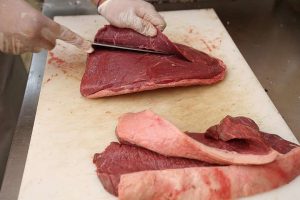
9. Cheese
Rich in fat, cheese can be difficult to digest, leading to increased acid production, especially when consumed in large amounts. Opt for low-fat cheese or alternative protein sources.

10. Chocolate
While a favorite for many, chocolate contains caffeine, fat, and cocoa, all of which can contribute to hyperacidity. Avoid chocolate-based snacks and desserts to reduce symptoms.

Managing hyperacidity involves more than just avoiding certain foods; maintaining a balanced diet and staying hydrated are essential steps. Replace trigger foods with non-acidic and easily digestible options, such as oatmeal, bananas, and green vegetables.
If symptoms persist despite dietary changes, consult a healthcare professional to identify the root cause and receive proper treatment. Early intervention can prevent complications and restore digestive comfort.


